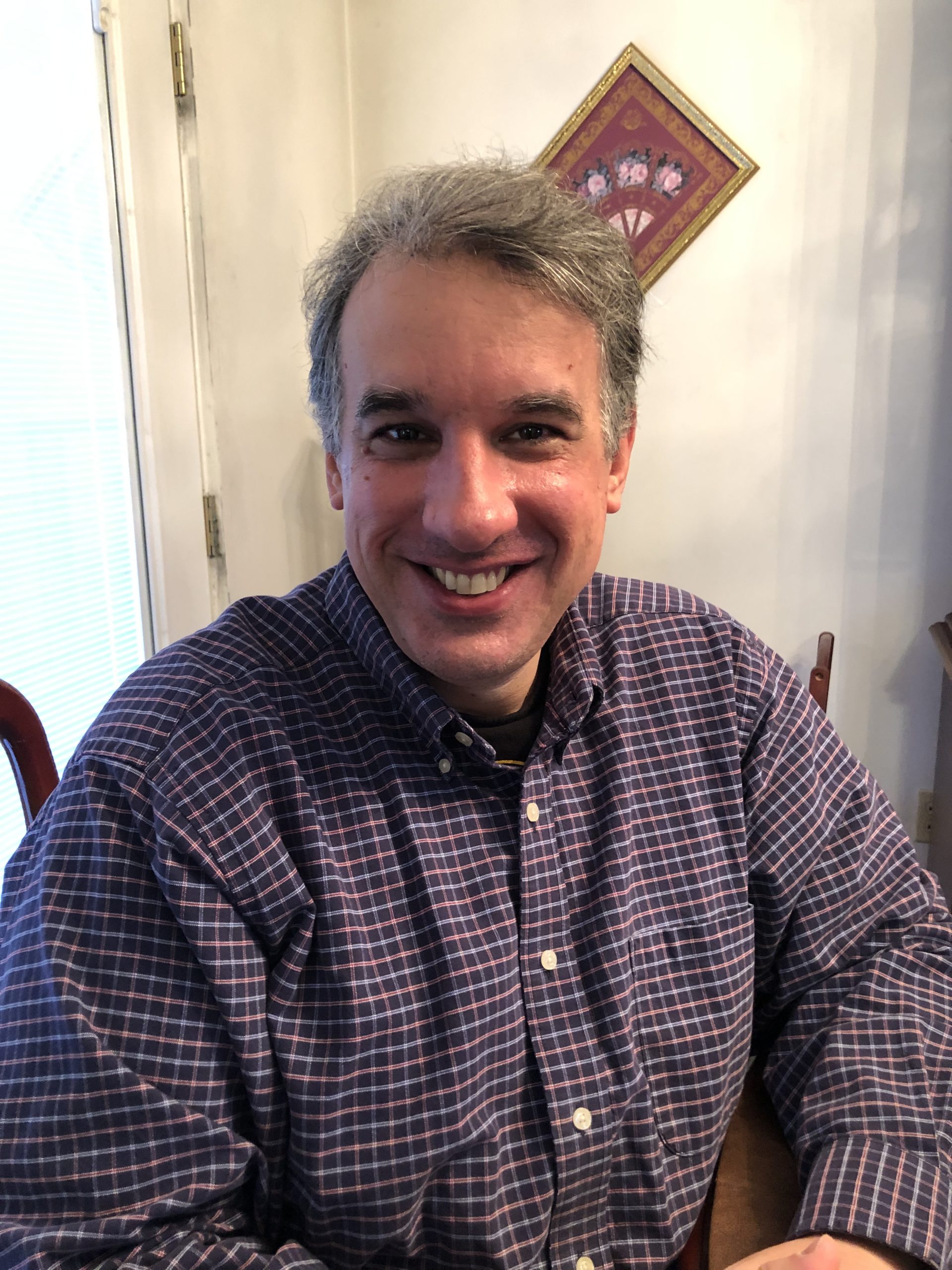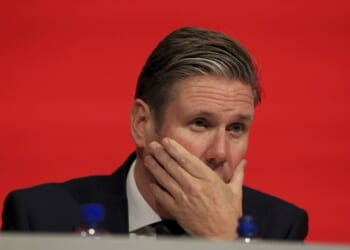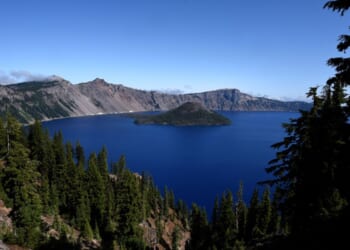South Korean Acting President Han Duck-soo undoubtedly strikes most observers as a formidable statesman of an uncommon type.
Indeed, in a Tuesday interview with CNN, Han demonstrated that he suffers from no ideological fever but rather embraces pragmatism.
For instance, when asked about the prospect of aligning with traditional Asian rivals, such as China and Japan, in order to counter President Donald Trump’s “Liberation Day” tariffs, the South Korean statesman insisted that no such alignment would occur.
“We will not take that route,” Han said.
“I don’t think that kind of fighting back will improve the situation dramatically,” the 75-year-old Han added. “I don’t think it will be really profitable for the three of us, and especially for Korea.”
Last week, Trump announced a host of tariffs designed to rectify massive trade imbalances and protect American workers. The president targeted different nations with different rates depending on what each nation charges the United States. South Korea “earned” a 25 percent tariff.
Meanwhile, Trump’s adversaries — globalists all — have pointed to possible global realignments against the United States.
James Stavridis, former NATO Supreme Allied Commander and now partner at global investment firm The Carlyle Group — talk about a globalist resume! — cited a meeting last week between the three Asian economic powerhouses.
Are you supportive of Trump’s tariffs?
“Look at Asia right now. A week ago, we saw Japan, South Korea and … China talking about coordinating their responses to our tariffs. That’s an alignment we don’t want,” Stavridis said.
Han, however, downplayed that meeting, calling it “normal” and “not a very extraordinary one.”
That does not make Han a Trump-ian nationalist. It simply means that the acting South Korean president has the good sense to play his cards right.
“Globalization is not dead,” Han said. “It can never be dead.”
Acquiring power in the modern world does seem to require that perspective. With a few exceptions across the globe — Trump leaps to mind — an aspiring 21st-century statesman must have a globalist view.
In an odd way, that makes Han far more formidable than Trump’s screeching adversaries at home.
In fact, the South Korean statesman, who holds a PhD in Economics from Harvard University, expressed a tariff-related historical viewpoint preferred by globalists, persuasive on the surface and hammered into the heads of American history students for nearly 100 years but otherwise rooted in the most selective interpretation imaginable.
Han “repeatedly” cited the tariff wars and the Great Depression of the 1930s. According to CNN, those tariffs “helped trigger a worldwide recession.”
The word “helped” gave Han and CNN some plausible deniability. But it served their purpose: The 1930 Smoot-Hawley Tariff, according to their narrative, worsened the shock of the 1929 Stock Market Crash and “helped” plunge the Western world into the Great Depression. Textbooks agree, so it must be true.
President Herbert Hoover, however, consistently and rightly blamed the Depression on international bankers who profited from the postwar reparations system. World War I and the Treaty of Versailles bore responsibility, Hoover argued, not the tariffs.
Han, therefore, holds the standard neoliberal and neoconservative view of the Depression Era: tariffs and nationalism destroyed everything.
Like a true pragmatist, however, he prefers negotiation as a means of countering Trump.
“I think we should, in a very cool way, assess what this kind of 25 percent means for us, and we should, in a very cool way, negotiate with them,” Han said.
Thus, unlike the hyperventilating idiots undermining Trump domestically and unlike the president’s most hostile detractors abroad, Han has adopted the only approach that could allow globalists to weather the Trump storm: a rearguard action designed to strike a deal, avert the calamitous destruction of their own economies, and hope that Trump’s “America first” movement runs its course.
In short, Han seems determined to get the best deal he can. Trump will make a deal, but he will make it on terms favorable to the United States. Han knows this, and that makes him formidable.
Advertise with The Western Journal and reach millions of highly engaged readers, while supporting our work. Advertise Today.









